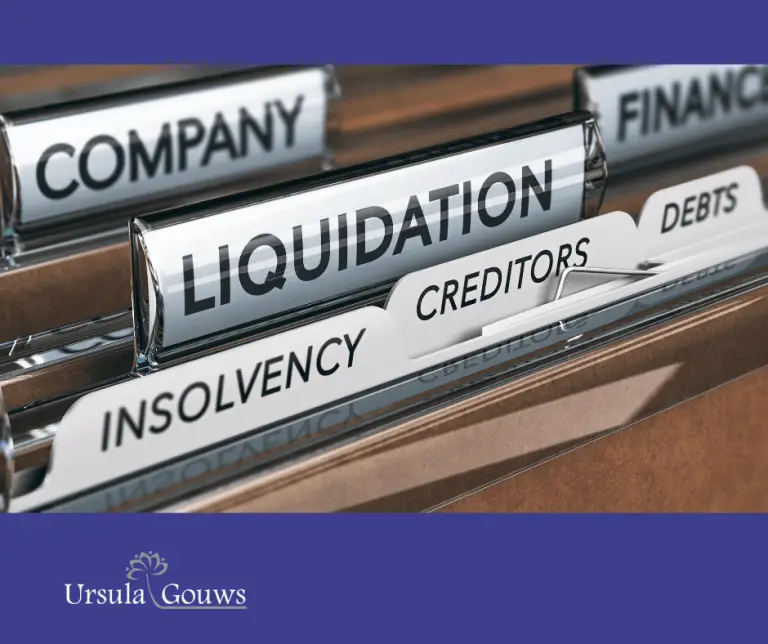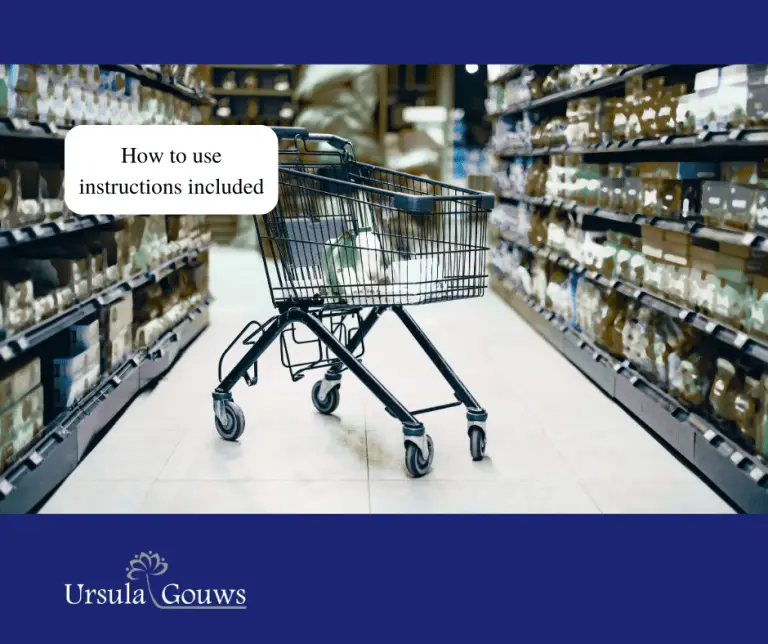Money shame is a feeling of embarrassment or guilt caused by not living up to your financial expectations.
It can be paralyzing, leading to a lack of financial progress and an inability to move forward with life decisions. But money shame does not have to be a life sentence.
Here are some tips and tools to help you cope with money shame and create a healthier relationship with your finances.
Find Support from Others
Sometimes it helps to talk about money issues with someone you trust who won’t judge you for the mistakes you have made in the past.
Talking about money issues can help you feel less alone and more supported, making it easier to find creative solutions to your current situation.
Consider seeking out an online community of like-minded people who understand what you are going through or talking to a financial therapist who can help you develop better coping strategies.
Practice Self-Compassion
Money shame often comes from beating yourself up over past mistakes that can’t be undone.
Stop focusing on all the things that went wrong and try showing yourself some compassion and understanding instead.
Acknowledge that everyone makes mistakes, but also recognize that there are steps you can take now to improve your finances in the future.
Remind yourself that everyone has different circumstances and resources, so don’t compare yourself to others. Just focus on what makes sense for your own goals and values.
Create Healthy Habits
Establishing healthy habits is critical when it comes to dealing with money shame.
Start by tracking where your money is going each month so you have an accurate picture of your spending habits. This will help identify areas where adjustments need to be made so you can start taking control of your finances.
Once you have this information, set up monthly budgets for fixed expenses as well as discretionary spending (like clothes and entertainment).
Finally, create savings goals for both short-term needs (e.g., car repairs) as well as long-term aspirations (e.g., retirement).
Gradually shifting from impulsive decision-making to thoughtful planning will create a healthier relationship with money over time.
Conclusion
Money shame is common, but it doesn’t have to define who we are or how we manage our finances in the future.
With support from others. Self-compassion towards our past mistakes. And with healthy habits moving forward, we can create positive financial change in our lives. Despite any negative feelings we may have around our past experiences with money.
Take small steps today toward improving your financial well-being. While these steps may seem insignificant at first, they will add up over time.
This blog was brought to you by Ursula Gouws.
This blog is for information purposes only and does not constitute legal or financial advice.
If you enjoyed this blog, check out more Debt Talk with Ursula on the Ursula Gouws Consulting Blog, or download our Freebies to help you on your journey to a new financial future.
I am a Debt Strategist. Let me help you find the ideal legal solution for your unique debt situation.
I understand that dealing with financial distress can bring about feelings of guilt and shame, and even depression.
Rest assured – working together, we will get you back on track, so your finances and dignity are fully restored.
If you need help finding the ideal legal solution for your debt, feel free to reach out with the contact form on my Website.






